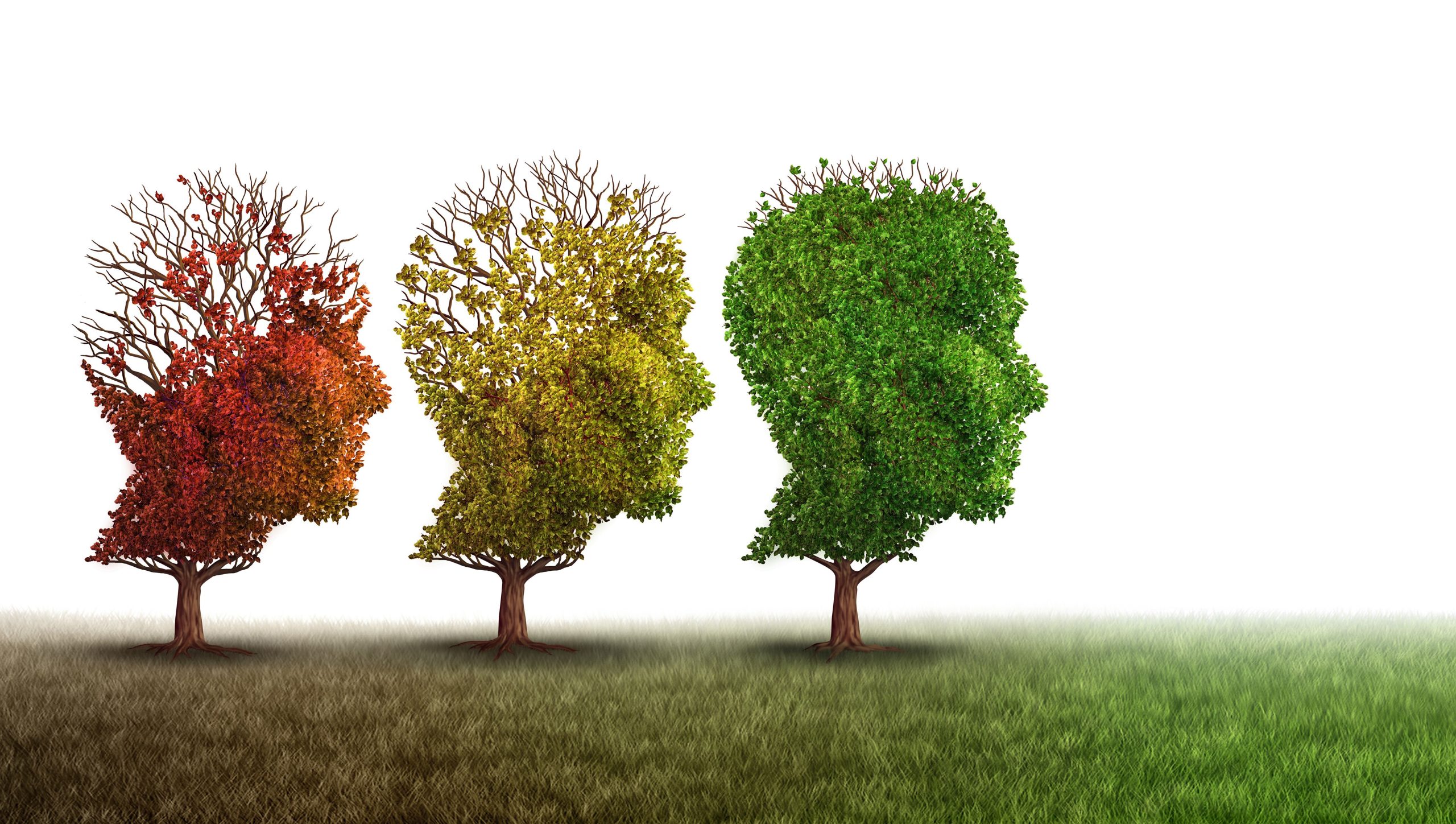This, the latest article in our dementia series looks at the available medical treatments to help with the symptoms. Straight away I need to stress that whilst there is a huge amount of effort and research going on to find a cure, there isn’t one today.
There are primarily two groups of medications currently available.
## The first group are Cholinesterase Inhibitors
Cholinesterase inhibitors work by stopping a ‘messenger chemical’ in our brains (known as acetylcholine) from breaking down. Acetylcholine is important in learning, memory and mood. Examples of this type of drug are Donepezil and Rivastigmine
Cholinesterase inhibitors appear to delay the worsening of Alzheimer’s and in doing so reduce anxiety and help to increase motivation, concentration and memory. This improvement, whilst welcome tends to be short lived. Usually lasting between six and twelve months. As with a lot of drugs you need to be aware of the potential side effects and it’s important to ask your health professional for all the relevant information.
Potential side effects to especially look out for are;
– Nausea and vomiting
– More frequent bowel movements
– Muscle cramps
– Headaches
– Fatigue
– Insomnia
Of course, not everyone gets all of these and some may get very few, if any. Needless to say, it’s about considering whether the benefits outweigh the side effects. Again your health practitioner should be able to give you some really sound advice.
## The other group of drugs are NMDA receptor antagonists
These drugs help balance the Glutamine in the body – Glutamine is another ‘chemical messenger’ which is involved in memory and learning and can also potentially help to curb delirium. An example of this type of drug is **Memantine. **This group of drugs tends to be used later in the dementia journey. Memantine can help to reduce hallucinations, agitation, aggression and irritability. It’s said it can also help lessen the sense of disorientation and increase the ability to carry out the activities of daily living.
The side effects of Memantine are not as frequent or as severe as those experienced with the cholinesterase inhibitors but could include;
– Constipation
– Dizziness
– Headaches
– Confusion
– Fatigue
– Increased blood pressure
– Sleepiness
So, there are drugs that can help lessen the impact of the disease, but none will cure. It is always worth taking professional medical advice on the best drug and giving it a try. Not everyone experiences the same side effects and some people may have very few and find the drug to be very beneficial.
It’s always a balance and a personal choice, and it could be particularly beneficial to have had the ‘what if’ discussion early on with your relative or friend. As always, early, bold and open communication is hugely valuable for everyone involved.
## Boldie Links:
– The Guardian has a useful article looking at inflammation and various conditions – see the link **here**
– NHS Scotland has some information on Alzheimer’s **here**
